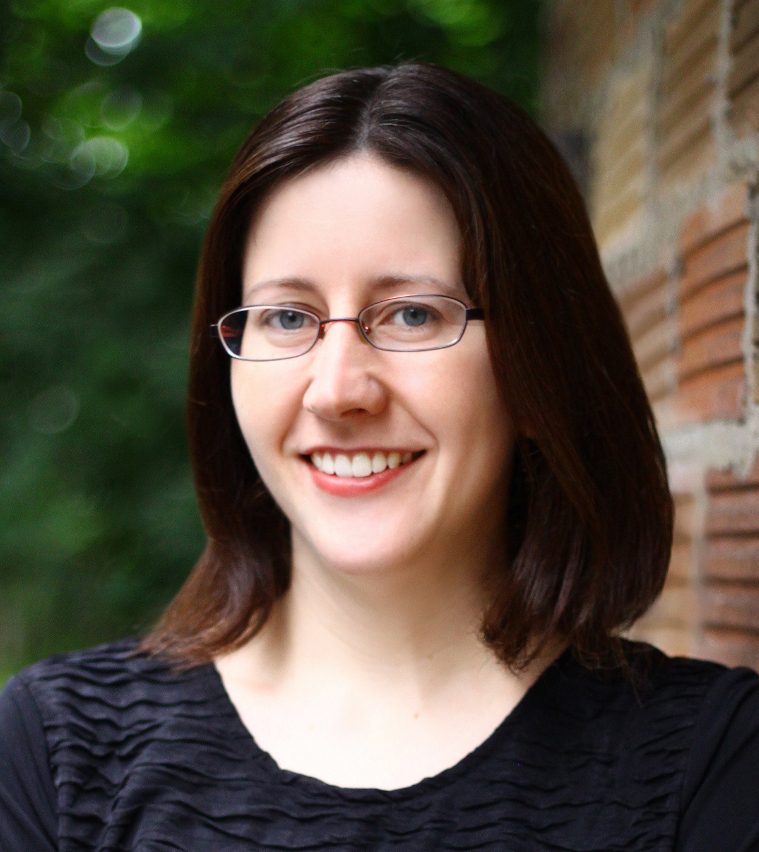Many of the identity-oriented student offices are now located on the first and second floors of the newly renovated Wilder Hall. These offices, which include the Office for Disability and Access, the Multicultural Resource Commons, Gender & Attraction Initiatives, International Student and Scholar Services, and the Office of Religious and Spiritual Life, are all part of the Center for Intercultural Engagement.
Moving these organizations to Wilder facilitated the creation of new, more accessible spaces, such as a large MRC lounge. Moving the ODA to the first floor of Wilder allowed the ODA to maintain a space that would be accessible to students with sensory issues, for instance.
“The idea was to get all CIE in one place,” NiK Peavy, director of Gender & Attraction Initiatives, said. “That way we’re like a one-stop shop for students seeking support.”
Peavy runs GAI, a center for women and LGBTQ+ programming and support, which launched this semester. Its responsibilities previously fell under the MRC. GAI and MRC will continue to work together closely under the CIE umbrella.
Assistant Vice President and Dean of Intercultural Engagement Kyle Williams explained that the value of intersectional work was an important consideration behind bringing these offices into the same space.
“The opportunity to align these areas is intentional because it allows us to cross-functionally look at the intersectional identities that exist on our college campuses,” Williams said.
Victoria Colella-Larizza, assistant director of the Office for Disability and Access, explained that many students had needs that encompassed the purview of multiple different offices, such as international students seeking ODA assistance with language accessibility.
“Now that we are under the CIE umbrella, we have more communication with the ISSS office,” Colella-Larizza said.
Organizing identity-oriented student offices in Wilder under the CIE will also make it easier for them to collaborate on event programming. Kyle Williams explained that this will facilitate more coordination with the ODA to ensure that events are accessible. He also anticipated that future programming would involve more cross-communication between offices, to ensure they are working collectively rather than individually.
“I would say for students over the next year, we’re going to start building out and really thinking about how we’re branding CIE, so that when you think about the work that you need to do within any of your identities, you can really just say, ‘I’m going to the Center for Intercultural Engagement,’ similar to how students relate to CELA thinking about career exploration,” Williams said.
The range of services available to students through the College’s various identity-oriented student offices has not been changed by the reorganization. The CIE does not replace the Office for Institutional Equity, which still exists as a separate organization that handles Title IX issues.









